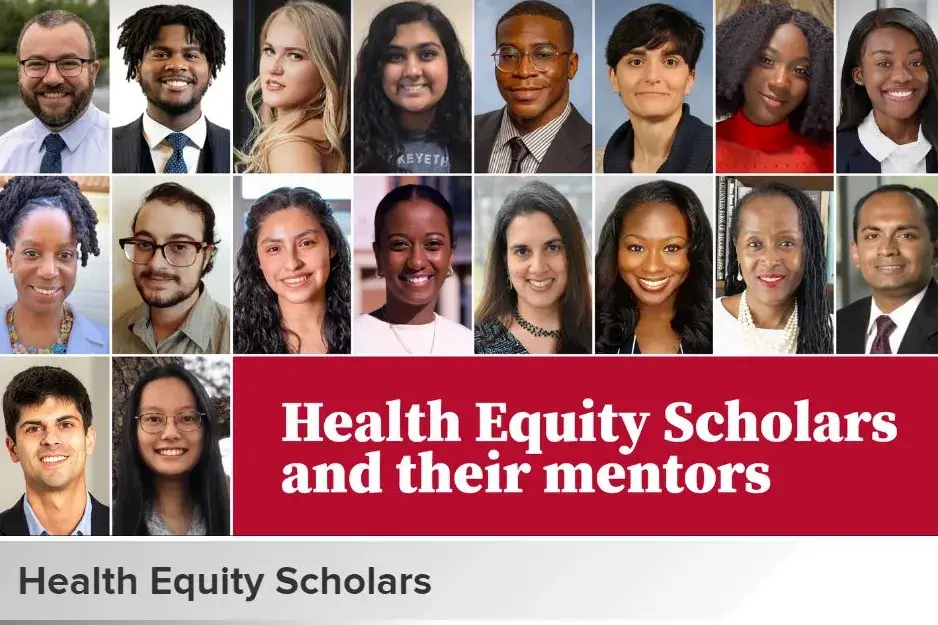Empowering a Community Through Interprofessional Research and Education

In 2021, Timiya Nolan, PhD, APRN-CNP, assistant professor at The Ohio State University College of Nursing, was one of two professors who wanted to tackle the symptoms of a severe lack of health resources available for Black women—whether it was their higher chronic illness diagnoses or mortality rate.
With the goal of dismantling health inequity and improving care for the Black community, she helped launch Partnering in Negative Statistics (PINS), a research initiative where the team would facilitate a series of local health fairs that offered cancer screenings, clinical trial data, and nutritional education. Their mission was simple: to uplift Black women by equipping them with the resources and tools to navigate and succeed in their health journey.
In the spirit of collaboration, PINS partnered with Ohio State University’s Health Equity Scholars program to maximize their positive impact. During this time, Ohio State healthcare students came together to address various care-related disparities in underserved communities, and completed the program with a deeper understanding of their needs.
With Dr. Nolan as a mentor, two students—Sarah Addison from the College of Medicine and Faith Metlock from the College of Nursing—were tasked with collecting data to support the development of PINS, and create a community-based wellness program similar to the Black Impact 100 program. Under Dr. Nolan’s careful guidance, they participated in evidence-based practice and skill-building exercises to increase their foundation of knowledge, and put it into action with the purpose of producing better health outcomes for Black women.
By working closely with Dr. Nolan and establishing a strong partnership, Addison and Metlock were able to learn from and alongside one another as they tackled the challenge of creating a unique wellness program. With direct, firsthand learning experiences, ongoing professional support, and continuous insights into the health science field, the two students gained a valuable perspective that would equip them to make a real, tangible difference in interprofessional practice.
